


Protect your loved ones and leave a lasting legacy with our flexible life insurance OPTIONS.
Life insurance isn't just about protecting your family's financial future; it's about ensuring your legacy lives on. Our flexible policies can be tailored to your unique needs and budget, providing peace of mind that your loved ones will be taken care of when you're no longer there. But it's not just about what happens after you're gone. Many of our policies offer living benefits that you can access if you experience a qualifying critical, chronic, or terminal illness. This means you can use your policy to help cover medical expenses, supplement lost income, or simply enjoy life's precious moments. Whether it's covering final expenses, paying off a mortgage, funding your children's education, or providing for yourself during a challenging time, we'll help you create a plan that reflects your values and ensures you and your loved ones are secure.
Financial protection for loved ones: Life insurance provides a death benefit payout to beneficiaries, which can help replace lost income, pay off debts, and maintain the family's standard of living after the policyholder's death
Tax-free benefit: The death benefit payout from a life insurance policy is generally income tax-free for beneficiaries, allowing them to receive the full amount without tax deductions
Coverage for final expenses: Life insurance can cover funeral costs, medical bills, and other end-of-life expenses, relieving the financial burden on family members during a difficult tim
Cash value accumulation: Permanent life insurance policies, such as whole life insurance, build cash value over time that can be borrowed against or used for various financial needs during the policyholder's lifetime
Flexible policy options: Life insurance policies can be customized with riders and additional features to meet specific needs, such as coverage for chronic illnesses, long-term care, or additional protection for children
Frequently Asked Questions
What are the main types of life insurance, and how do they differ?
Life insurance comes in two primary types: term life insurance and permanent life insurance.
* Term life insurance provides coverage for a specific period (e.g., 10, 20, or 30 years) and is generally more affordable. It pays a death benefit only if the insured passes away during the term but does not build cash value.
* Permanent life insurance, such as whole life or universal life, lasts for the insured's lifetime (as long as premiums are paid). It includes a death benefit and a cash value component that grows over time, which can be borrowed against or withdrawn during the policyholder's lifetime.
How much life insurance do I need?
The amount of coverage depends on your financial obligations and goals. Common methods to determine this include:
* Multiplying your annual income by 10–15 times.
* Using the DIME formula (Debt, Income replacement, Mortgage, Education costs).
* Considering future expenses like funeral costs, outstanding debts, and providing for dependents.
How much does life insurance cost?
The cost of life insurance varies based on factors such as age, health, type of policy (term vs. permanent), coverage amount, and additional features like riders. Term policies are generally more affordable than permanent ones. But vary with different coverage times and benefits.
Do I need a medical exam to get life insurance?
Many policies require a medical exam to assess your health and determine premiums. However, some options, like simplified issue or guaranteed issue policies, do not require an exam but may have higher premiums and lower coverage limits due to increased risk for the insurer.
©2025 Copyright. All rights reserved




